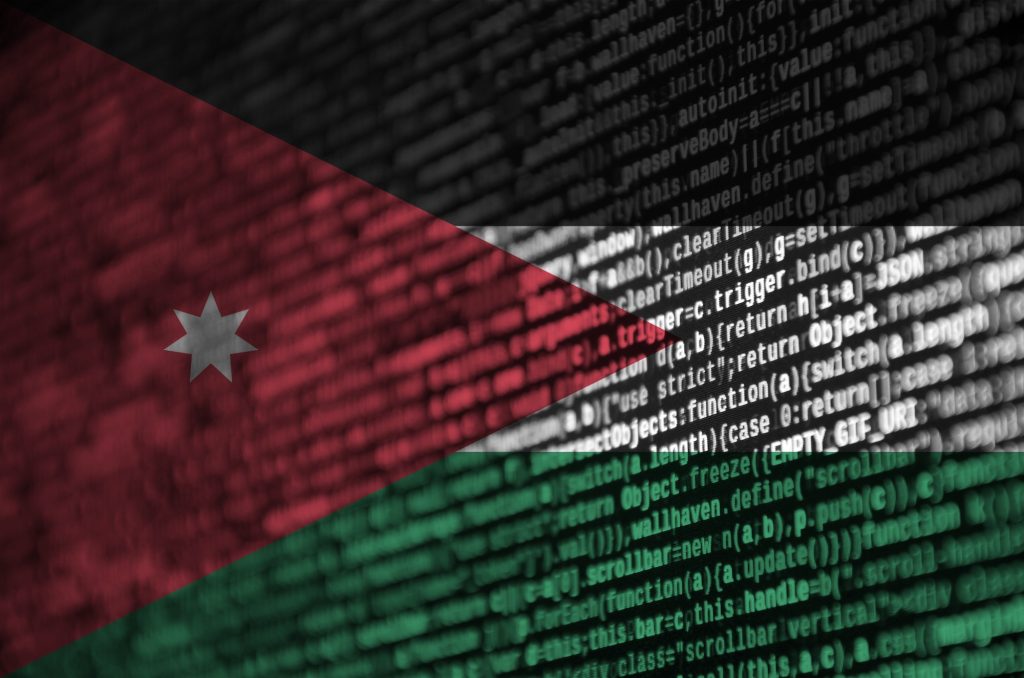
































Jordan's King Abdullah II approved a cybercrime bill, which the lower house of parliament passed in July 2023. Essentially, the new bill includes a series of measures aiming to 'prevent online speech that is deemed harmful to national security.' Namely, the new bill criminalises posts that 'promote, instigate, aid, or incite immorality, demonstrate contempt for religion, or undermine national unity.' Additionally, the publication of names or pictures of police officers online is also criminalised while it also bans certain methods of maintaining online anonymity.
The Senate approved the legislation after amending the law to allow judges to choose between prison time and fines rather than a combined punishment. The bill will enter into force one month after it is published in the state-run Al-Rai daily.
At the same time, the new cybercrime bill has raised concerns over its impact on digital rights in Jordan. Before the parliament's approval, fourteen human rights organizations, including Human Rights Watch and Article 19, denounced the bill in their joint statement in July 2023 as 'draconian.'
The human rights organisations urged the Jordanian government to withdraw it, stating it would undermine citizens' freedom of expression, right to access information, and right to privacy. According to the joint statement, the bill's broad and ambiguous language and provisions for increased government control over online content raises fears of extensive censorship and derogation of freedom of expression.
 Hot Tags :
Freedom of expression
Cybercrime
Hot Tags :
Freedom of expression
Cybercrime